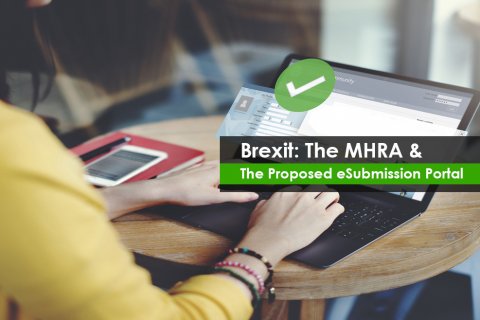Tariff Barriers: When products are exchanged between two countries, there is a fee charged for goods entering the other territory. The fees provide governments with income and make foreign goods more expensive – as the cost of a foreign goods includes the tariff or tax – helping domestic producers to compete with them. Although this might seem like a good thing to do from a domestic perspective, charging tariffs most often causes reciprocal action against domestic goods entering foreign markets, making it more difficult for domestic producers to sell abroad. Because of this, tariffs are typically viewed as a barrier to trade, as they ramp up the cost of products for everyone, which makes them much less appealing to purchasers and decreases the extent of trade.
Non-Tariff Barriers: A non-tariff barrier is any measure, other than a customs tariff, that acts as a barrier to international trade. These include:
Regulations: Any rules which dictate how a product can be manufactured, handled, or advertised
Rules of origin: Rules which require proof of which country goods were produced in.
Quotas: Rules that limit the amount of a certain product that can be sold in a market.
Examples of non-tariff obstacles encompass policies on labelling and safety requirements on products. Other forms of non-tariff obstacles to trade also can be the end result of policies that differentiate between country wide and global businesses and firms. For example, domestic subsidies by governments to a company might also additionally assist keep that manufacturer in the same country. However, that acts as basically an indirect non-tariff barrier to other corporations (In the same category/Industry) seeking to compete. Governments are frequently likely to offer preferential status to corporations of their country when procuring contracts. This may be viewed as an obstacle to free and honest global trade.




